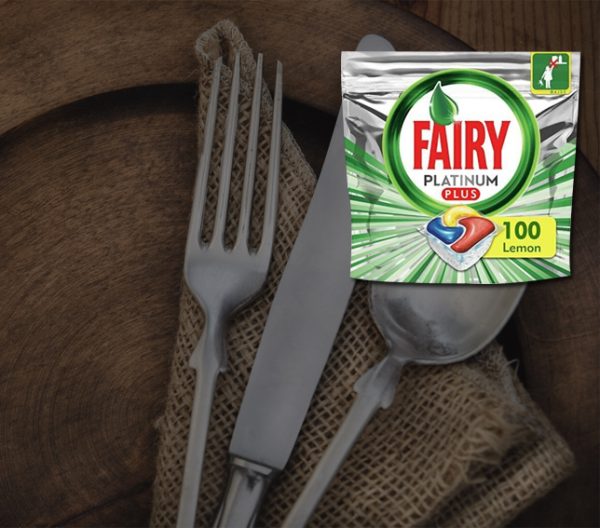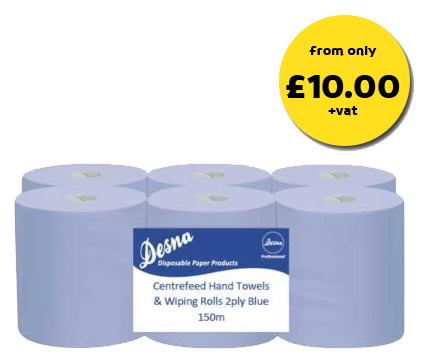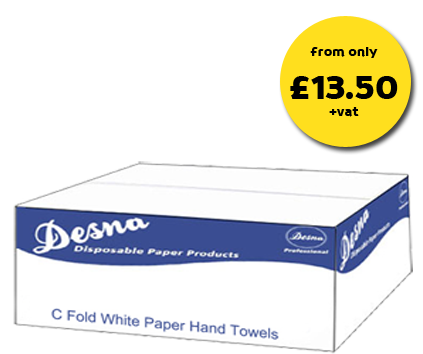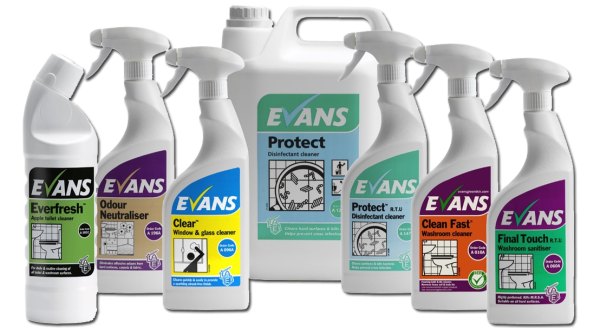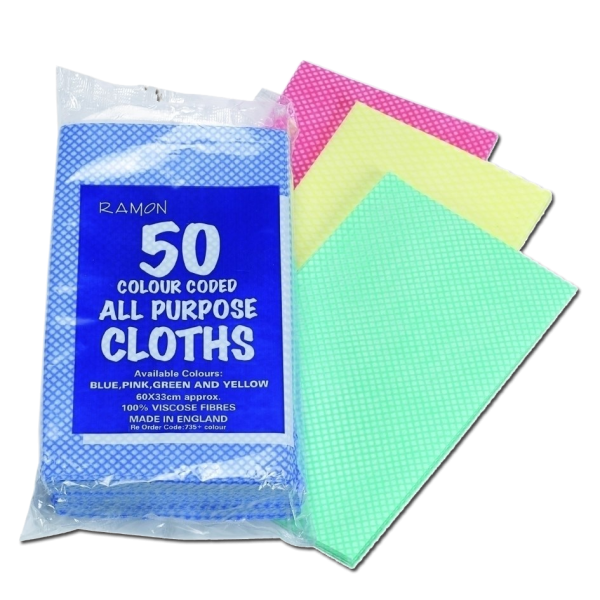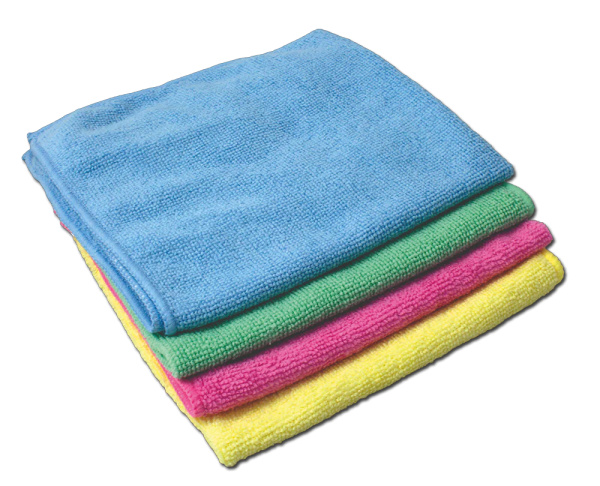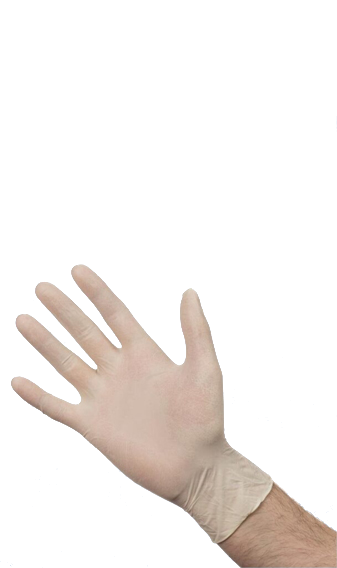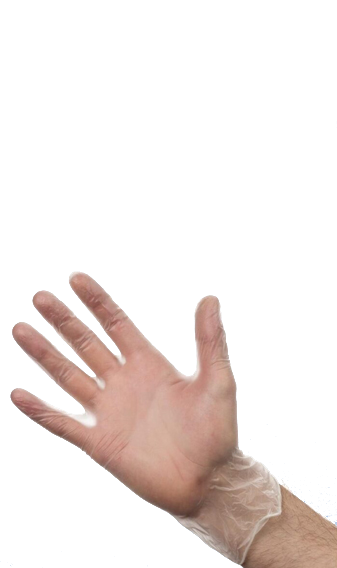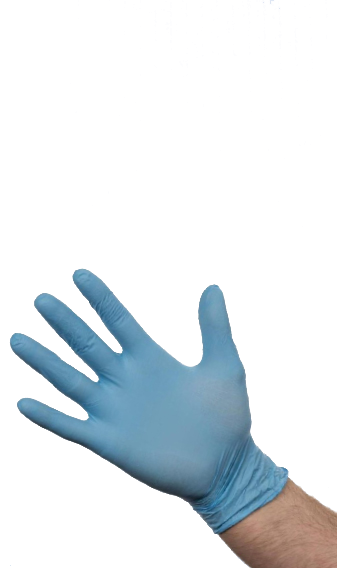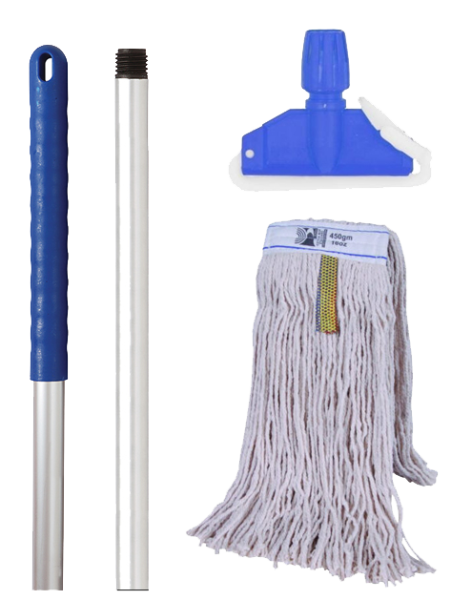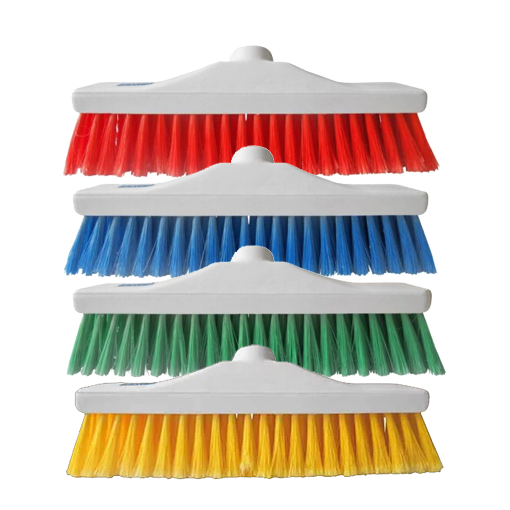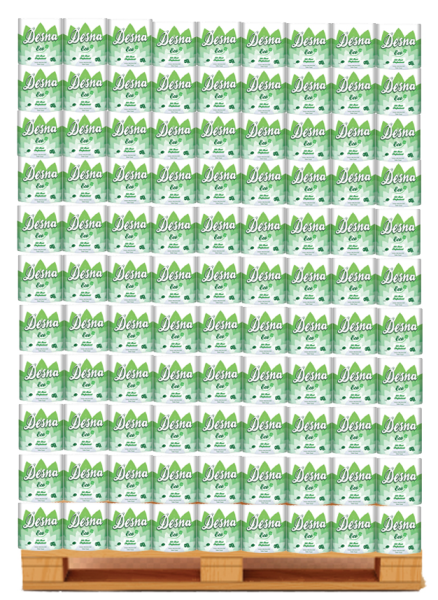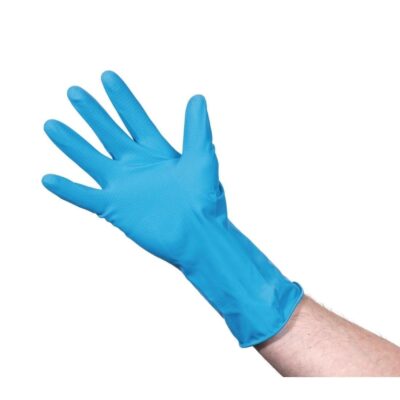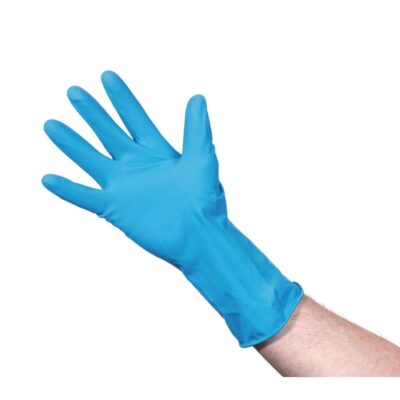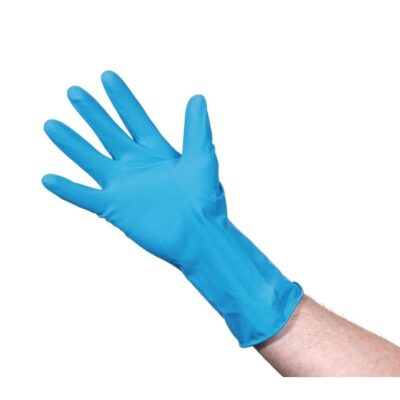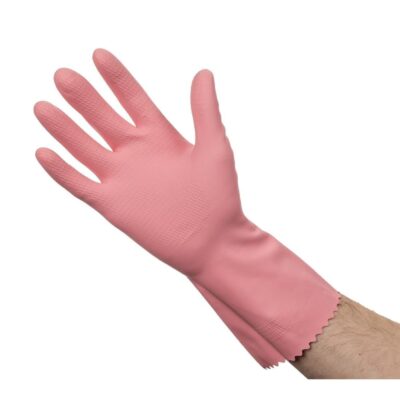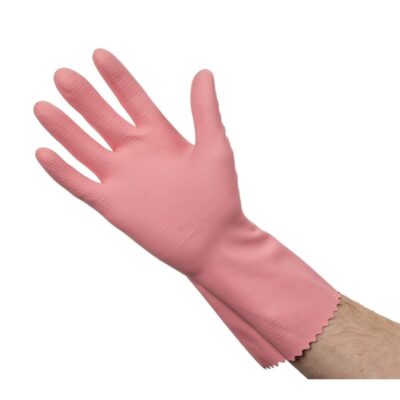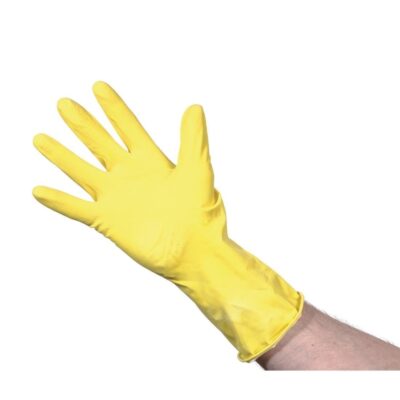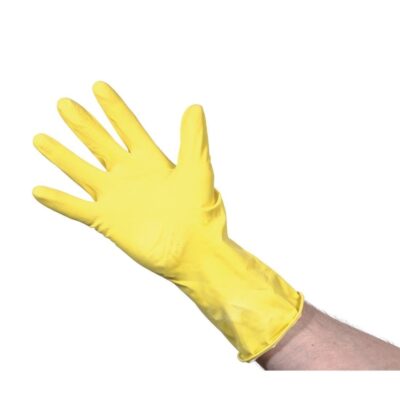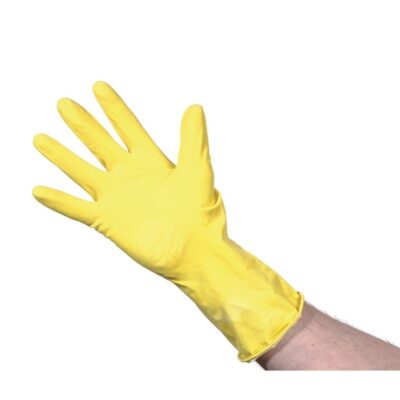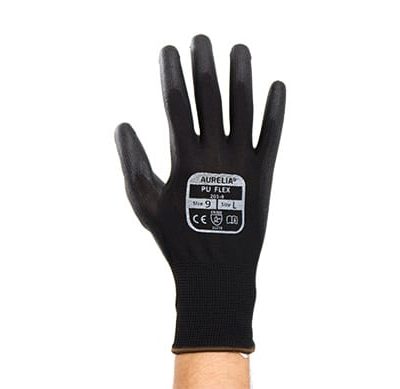PRODUCT CODE: 3215
PRODUCT CODE: 3216
PRODUCT CODE: 3217
PRODUCT CODE: 3212
PRODUCT CODE: 3213
PRODUCT CODE: 3214
PRODUCT CODE: 3218
PRODUCT CODE: 3219
PRODUCT CODE: 3220
PRODUCT CODE: 9525
Household rubber gloves, also known as cleaning gloves or dishwashing gloves, are a type of protective handwear commonly used for various tasks around the home. These gloves are typically made of latex, nitrile, or other rubber-like materials. Here are some key aspects to know about household rubber gloves:
- Materials:
- Latex Gloves: Traditional household rubber gloves are often made of latex. Latex gloves are flexible, comfortable to wear, and provide good protection against chemicals, detergents, and hot water. However, some individuals may have latex allergies, which can cause skin irritation or more severe reactions.
- Nitrile Gloves: Nitrile gloves are a latex-free alternative. They are resistant to chemicals and punctures, making them a suitable choice for household cleaning tasks. Nitrile gloves are also available in various thicknesses for different levels of protection.
- Sizes and Fit:
- Household rubber-gloves come in various sizes to accommodate different hand sizes, so it’s important to choose gloves that fit your hands comfortably. A proper fit ensures better dexterity and comfort during tasks.
- Usage:
- Household rubber gloves are primarily used for tasks that involve exposure to water, cleaning agents, chemicals, or potentially harmful substances. Common applications include washing dishes, cleaning bathrooms, handling harsh cleaning chemicals, gardening, and even some cooking tasks like handling hot peppers or cleaning seafood.
- Benefits:
- Protection: Our household gloves protect your hands from direct contact with hot water, cleaning chemicals, and potentially harmful substances, reducing the risk of skin irritation or damage.
- Grip: The textured surface of these gloves provides a better grip on slippery surfaces or objects, improving safety.
- Durability: Good-quality rubber gloves can be reused multiple times if cared for properly, making them a cost-effective choice.
- Care and Maintenance:
- To extend the life of household rubber gloves, rinse them with water and allow them to air dry after each use.
- Store them away from direct sunlight, heat, or sharp objects that could puncture or damage the gloves.
- Avoid using gloves with visible tears or cracks, as they may not provide adequate protection.
- Disposable vs. Reusable:
- Some rubber gloves are designed for single-use or disposable purposes. These are convenient for tasks like handling food or disposing of waste.
- Reusable rubber gloves are more durable and can be used for various tasks over an extended period. They are often a more eco-friendly choice, as they generate less waste.
- Allergies:
- Some people may have latex allergies, which can cause skin irritation or more severe reactions when using latex gloves. In such cases, nitrile or vinyl gloves are latex-free alternatives.
- Colour Coded: We offer three different colours so you can choose to use them for alternative cleaning duties. Red/Pink, Yellow and Blue. Blue is the most common used with our Contract Cleaners. Yellow is most common for household users.
Household reusable gloves are versatile and essential tools for maintaining cleanliness and hygiene in your home. They help protect your hands from potential hazards and make various household tasks more comfortable and efficient.

